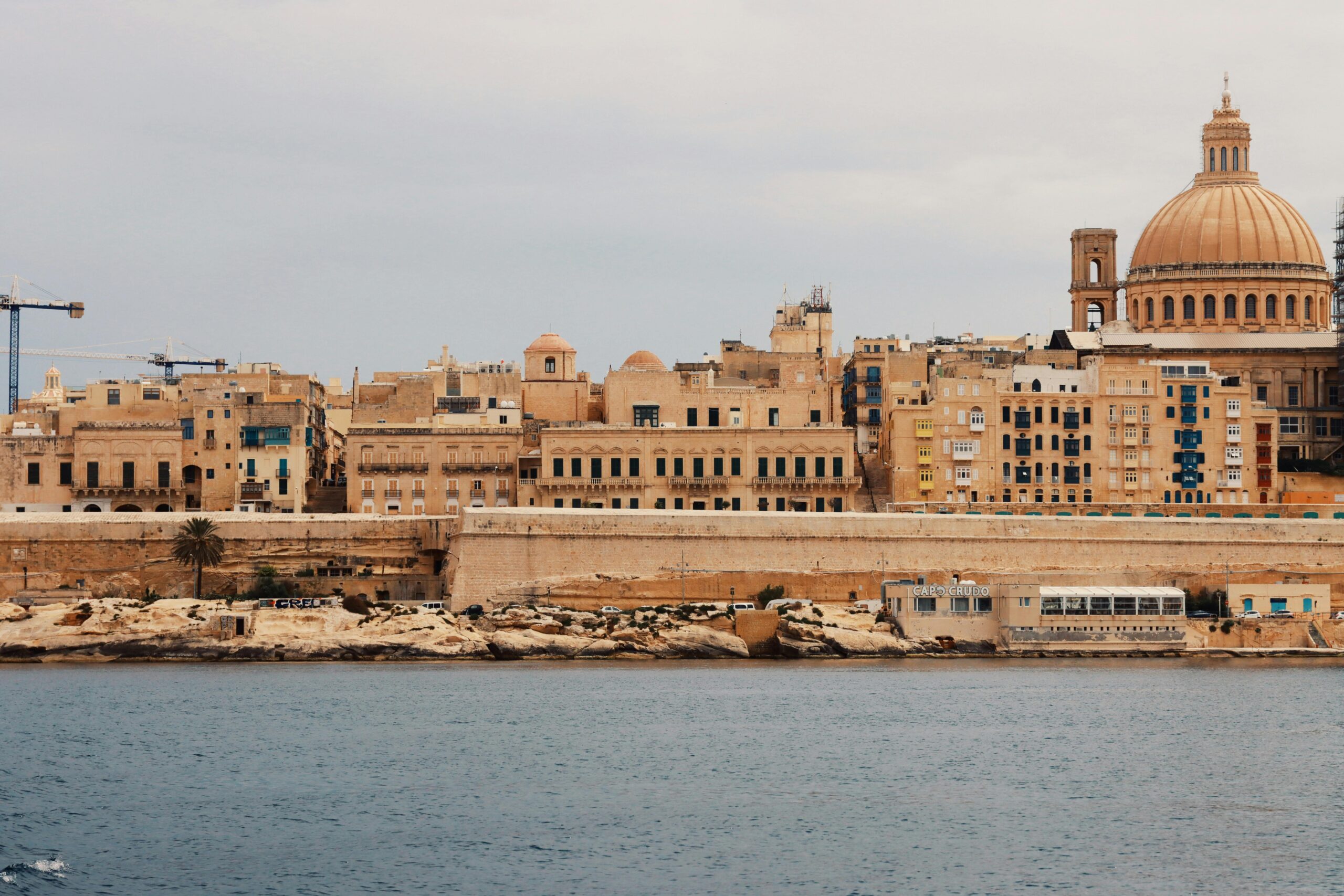With a number of commercial real estate developments coming to market in the coming months and years on the back of a pandemic that has seen companies embrace teleworking, industry stakeholders are concerned that the market may experience a glut.
Commercial real estate projects in the pipeline include Townsquare in Sliema, Trident Park and the Quad in Mrieħel, and Pendergardens at St Julian’s, among others.
This increased competition may drive a shift in demands by tenants no longer satisfied with average office space at the current high prices.

Iggy Zammit, director at Belair Properties, says that, “truth be told, nobody really knows what will happen when it comes to office space after COVID.”
“Will there be an oversaturation of the market? Good question. Will companies even need to much office space? That’s a question we’ll have to ask ourselves.”
Mr Zammit believes the most likely effect is a drop in prices due to the availability of choice.
Keith Galdies, CTO at the property analytics firm Djar, believes the future is hazy when it comes to the sector. “There is limited availability of data at the time of writing,” he says.

A report by Djar and EY published earlier in February, based on publicly available data compiled from online listings of various forms of commercial properties, showed that an initial drop in the average prices for offices in Q2 2020 was recovered in subsequent quarters.
The average prices per square meter for other types of commercial property have remained mostly stable.
Mr Galdies believes that trends like remote working and online shopping are likely to outlive the pandemic. “Hence this could have a longer-term potential impact on the demand for office space.”
He says that companies and workers may become more inclined to turnkey, serviced offices, and co-working or shared workspaces will become more in demand – a trend that had already picked up before the coronavirus outbreak.
“Traditionally,” he continues, “commercial real estate was leased for longer periods when compared to residential leases; however, post-COVID-19 one could also see short/medium term lease agreements for commercial spaces being looking into by tenants due to the new-found appreciation for flexibility.”
Charles Xuereb, CEO of Trident Estates plc, also questions whether the market will manage to sustain such a high supply of office space, calling it “a valid concern”.

However, he sees this as an opportunity for developments to focus on quality and diversification, saying these elements will play an important role in the years to come.
While admitting that price is a determining factor, Mr Xuereb warns against discounting the importance of quality, uniqueness and environmental sustainability, pointing out that for some, these are also critical points affecting decisions.
“As is the case in all things in life, striking the right balance is key – the balance between price, quality and location I would say are among the most relevant in real estate.”
Asked whether he stands by comments made in 2018 expressing concern at a potential oversaturation of the market, he says that although “in principle” it is healthy to give options to choose from, “overdevelopment is definitely not a positive trend”.
With regards to the company’s own Trident Park, an office development at the landmark site of the old Farsons brewery in Mrieħel, Mr Xuereb says he feels “rather blessed”.
“Our offering is different and therefore gives us an edge or competitive advantage. Trident Park is a regeneration project of an iconic landmark of Malta’s industrial heritage, redefining itself into a green office campus following best practices, using cutting-edge green technologies, environmentally sustainable and carrying the prestigious stamp of world-renowned and award-winning London based Ian Ritchie Architects.”
“All this, coupled with our location, unique facilities and amenities, are probably the main reasons why we are experiencing encouraging demand and interest.”
Nonetheless, Mr Xuereb echoed his previous comments, warning that “the ripple effects of an oversaturated market would not really help anyone, even thriving businesses.”
“Planning and development need to be done responsibly and with foresight. We really need to acknowledge that we have this world on loan from the generations to come and what they are left with is our responsibility.”
64% increase of people in employment since 2014, latest figures show
New data paints a clear picture of Malta’s expanding workforce over the last decade
Malta’s economic growth to remain strong in global context, but sectoral shifts raise productivity concerns
While Malta continues to outpace eurozone peers in GDP growth, sectoral data suggests a growing reliance on less productive industries
Trump tariffs to take effect soon: EU prepares swift but measured response as trade tensions escalate
European businesses, policymakers, and investors alike are bracing for another potentially destabilising episode in transatlantic trade






